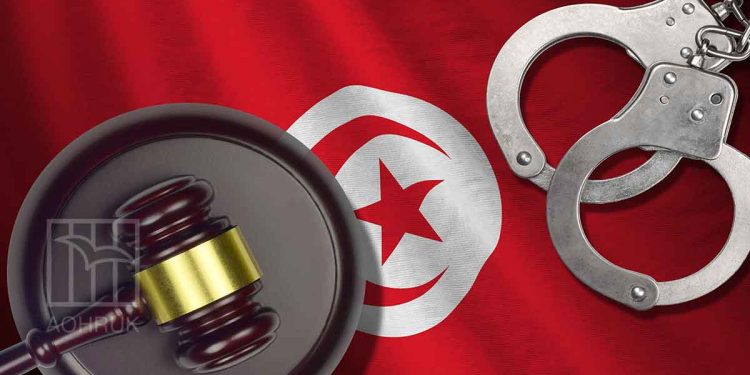The United Nations High Commissioner for Human Rights, Volker Türk, has condemned the recent verdicts issued by the Tunisian judiciary against 37 individuals in what is known as the “conspiracy against state security” case, calling the rulings “a serious setback for justice and the rule of law.”
In an official statement, Türk expressed his “deep concern” over the harsh prison sentences, which range from 4 to 66 years, noting that the trial was marred by “serious violations of defence rights and international standards for fair trial,” including lack of transparency, the exclusion of journalists and diplomats from court proceedings, and the denial of defendants’ right to speak during the sentencing hearing.
The UN rights chief urged Tunisian authorities to “drop the charges in the absence of sufficient evidence” and emphasised the need to ensure genuine safeguards for fair trial rights during the appeals process.
The roots of the case trace back to February 2023, when Tunisian authorities arrested several opposition politicians, lawyers, and civil society activists on charges including “attempting to undermine state security,” “colluding with foreign parties,” and “inciting unrest.”
However, local and international human rights organisations have described the case as “entirely political,” aimed at “silencing dissent and eliminating opposition to President Kais Saied.”
Since 25 July 2021, Tunisia has witnessed what many have described as a constitutional coup and increasing authoritarianism, following President Saied’s dissolution of parliament and the Supreme Judicial Council, his rule by decree, and the imposition of a new constitution through a referendum widely boycotted by the public.
The severe sentences in the “conspiracy” case confirm that the Tunisian regime, under Kais Saied, continues to dismantle the remnants of judicial independence and human rights protections, disregarding the democratic gains of the revolution. At a time when the Tunisian people had hoped to see the democratic transition fulfilled, they are instead faced with a regime that tightens its grip through trials lacking the most basic standards of justice, using the judiciary as a tool to crush political opposition and civil society voices.


























